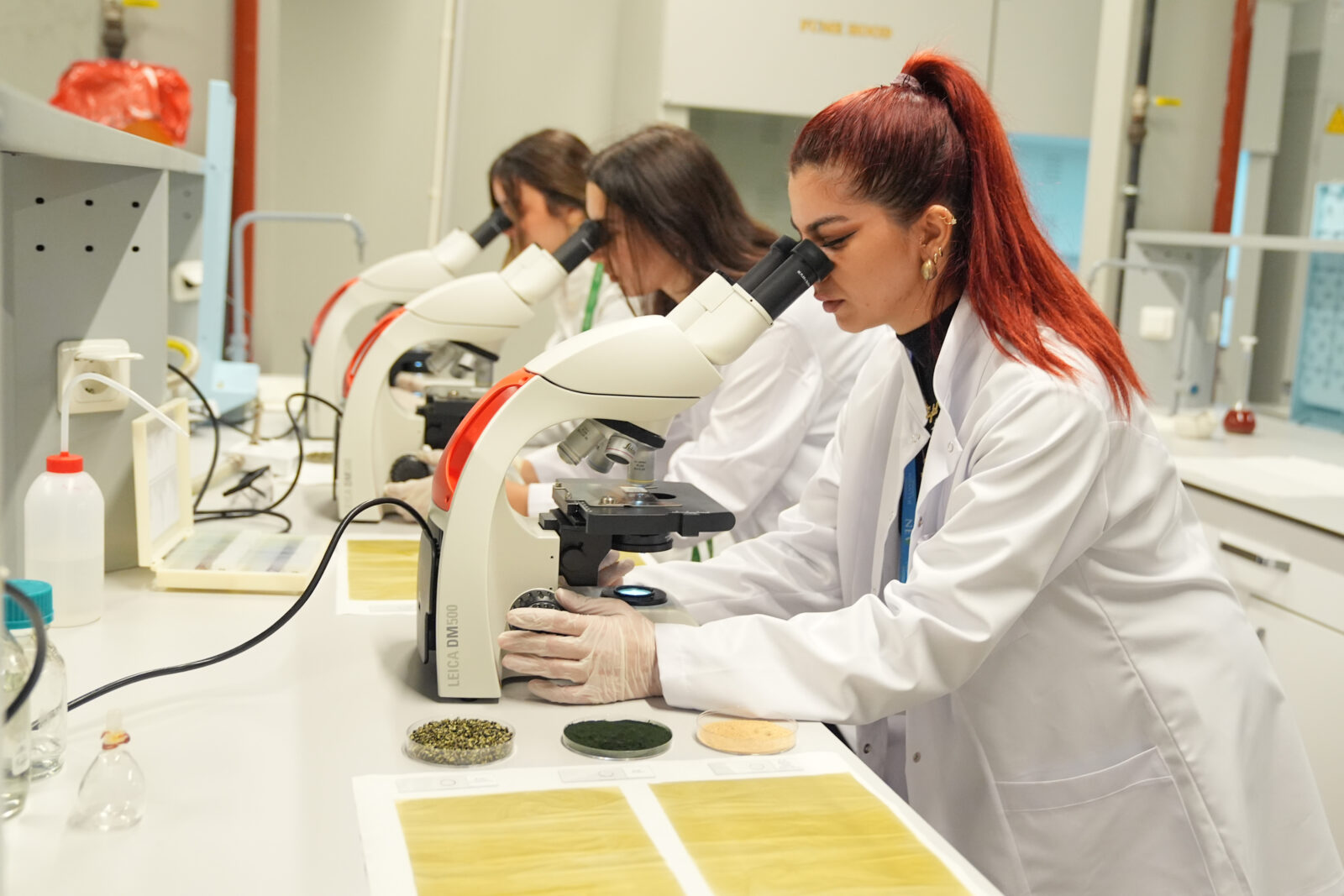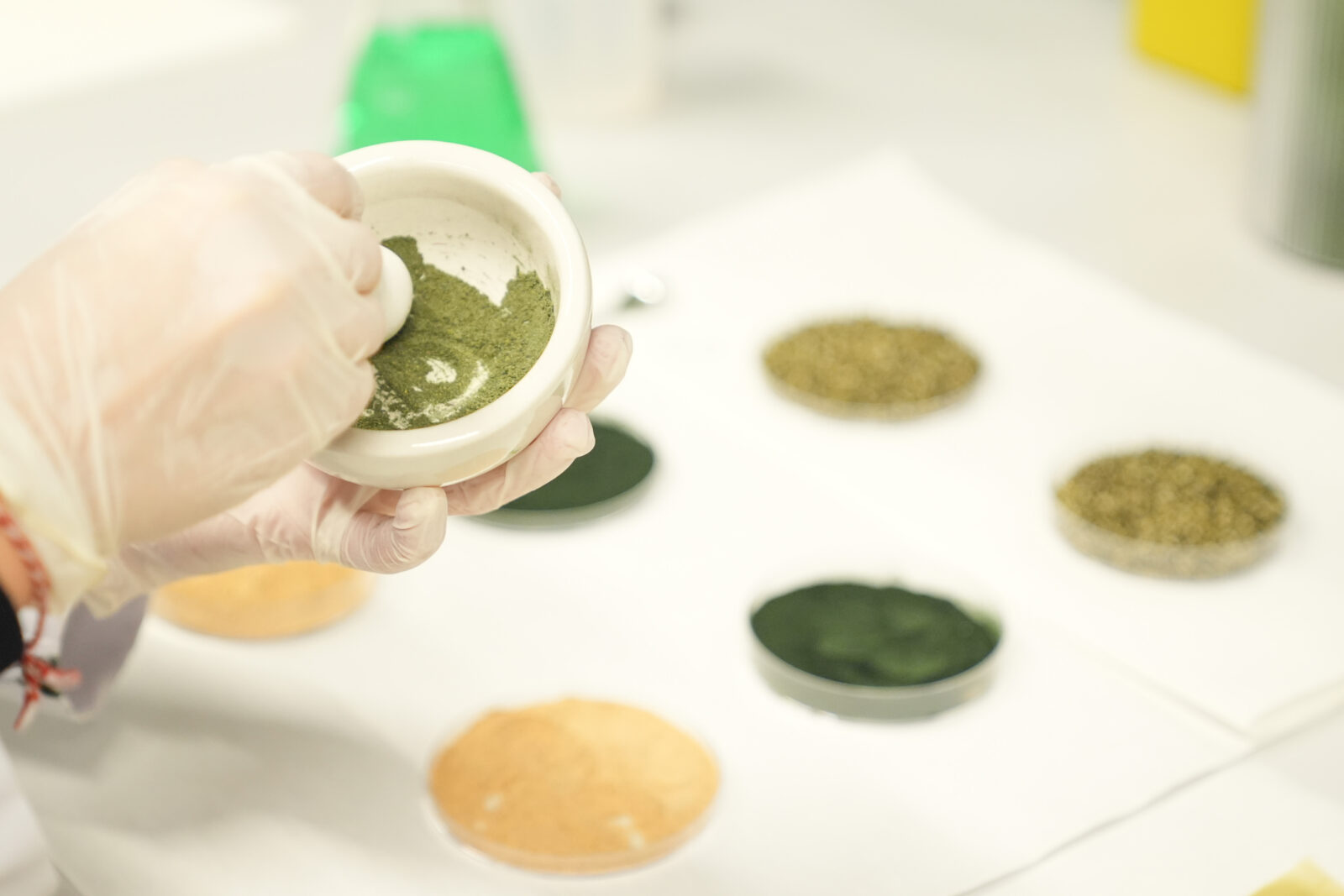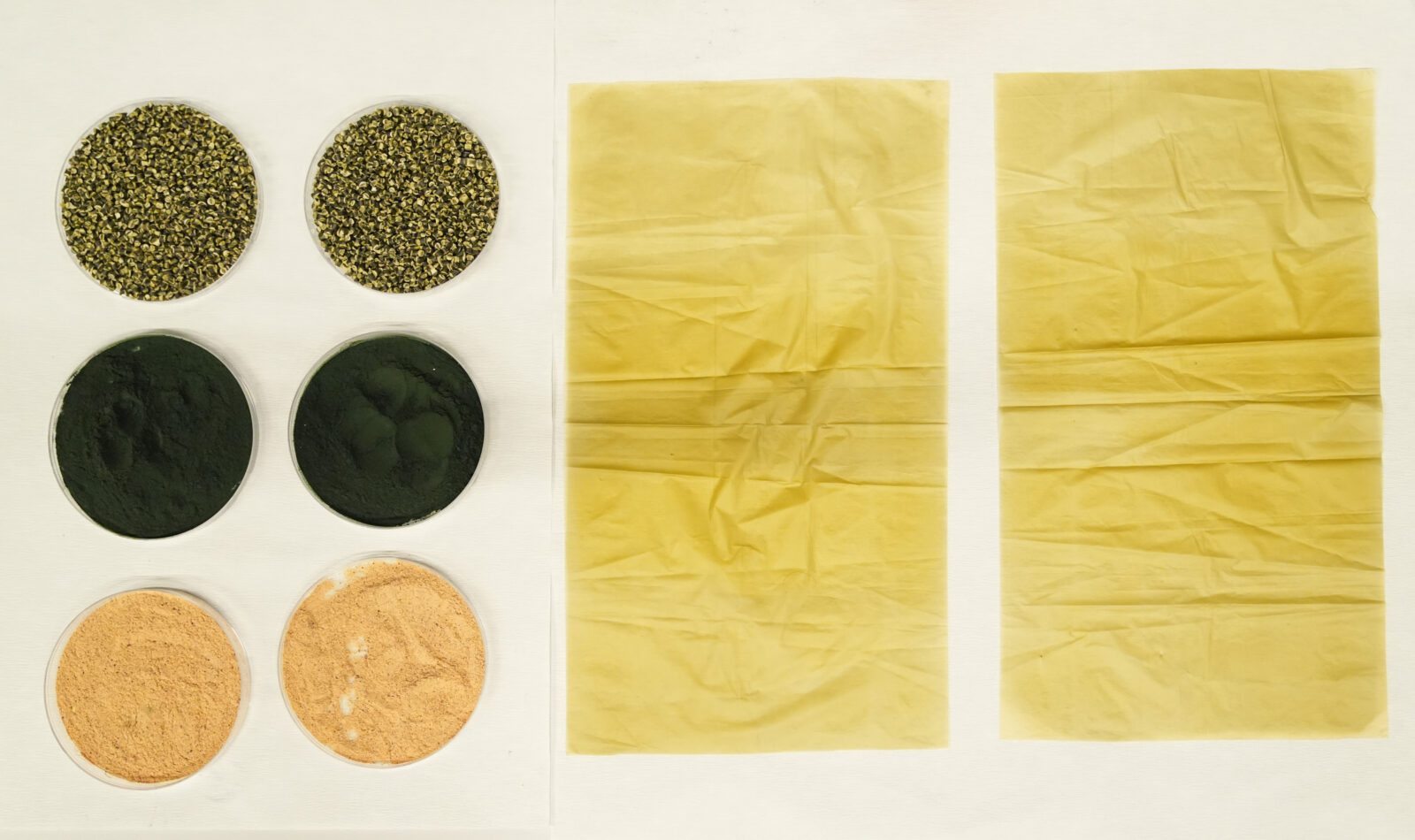
Plastic films used in agriculture contribute to pollution and the formation of microplastics in soil and water. However, a new biodegradable alternative, primarily composed of algae, aims to replace these plastic products.
Plastics are widely used in agriculture, from mulching films to slow-release fertilizers coated with polymers. According to the World Economic Forum (WEF), 12.5 million tons of plastic were used in agriculture and livestock production worldwide in 2019, while 37.3 million tons were used for food packaging.
The long-term use of plastics in agriculture, combined with inadequate collection and sustainable management, leads to environmental contamination. Over time, these plastics break down into microplastics, which pose threats to both human and environmental health.
As awareness of these impacts grows, the demand for eco-friendly, natural alternatives to plastic continues to rise.

One such alternative comes from Palgae, a company co-founded by biotechnologist Eylul Er. Speaking to Anadolu Agency, Er highlighted that Türkiye's fertile farmlands contain 12,500 microplastic particles per square meter, largely due to plastic agricultural films.
Er explained, “Farmers use these petroleum-based plastic films to cover the soil during planting to protect crops from rain, balance soil moisture and shield the harvest from pests. However, once they break down, these films cannot be reused and end up as waste. They are non-recyclable and poison the soil with microplastics.”

Er noted that reducing the use of plastic films in agriculture would significantly lower waste, adding that Palgae’s mission is to showcase how greener technologies can produce sustainable agricultural covers.
"We are developing algae-based agricultural covers that are biodegradable and, when they decompose, enrich the soil with organic matter and minerals. Our target market includes regenerative cotton, lettuce, onion, and strawberry producers,” she said.
Er also shared that Palgae redesigns the material for different product types. “When we showed the prototypes to producers, they were shocked. We used 60% seaweed content during production, and 80% of the material is organic and biological. Farmers were amazed by how we achieved such durability with high organic content.”
Eylul Er emphasized that algae capture five times more carbon dioxide from the atmosphere than trees, making it an important player in carbon sequestration.
She added, "Every 3 kilograms of bioplastic material we produce prevents 1.5 kilograms of CO2 emissions. Additionally, our production process uses 60% less water and energy. This directly contributes to at least six of the U.N.’s Sustainable Development Goals. We expect that this will be a key advantage when carbon taxation becomes widespread, especially by 2026.”

Although traditional plastic agricultural films vary in price from ₺1,000 to ₺10,000 per square meter, Palgae's algae-based material is currently more expensive. However, Er believes that once mass production starts and users realize the benefits, the costs will become competitive.
"Algae-based materials, considered biological agents in the fight against climate change, will replace plastics, making a significant impact. We expect that in the next five years, studies on micro and macro algae will increase," she said.
Er concluded, "If we want to stop consuming fruits and vegetables contaminated with microplastics, and if we want to see them as they should be when we visit the markets, we need to switch to biodegradable, algae-based agricultural covers as soon as possible.”
The development of algae-based biodegradable agricultural films in Türkiye represents a significant step toward addressing the environmental challenges posed by traditional plastic materials.
By offering a sustainable alternative that enriches the soil and reduces carbon emissions, this innovative solution aligns with global efforts for a greener future. As awareness and demand for eco-friendly practices grow, products like these can play a crucial role in promoting regenerative agriculture and protecting the environment for future generations.
The potential benefits not only extend to farmers but also contribute to the health of our ecosystems, making this advancement a vital component of sustainable agricultural practices.